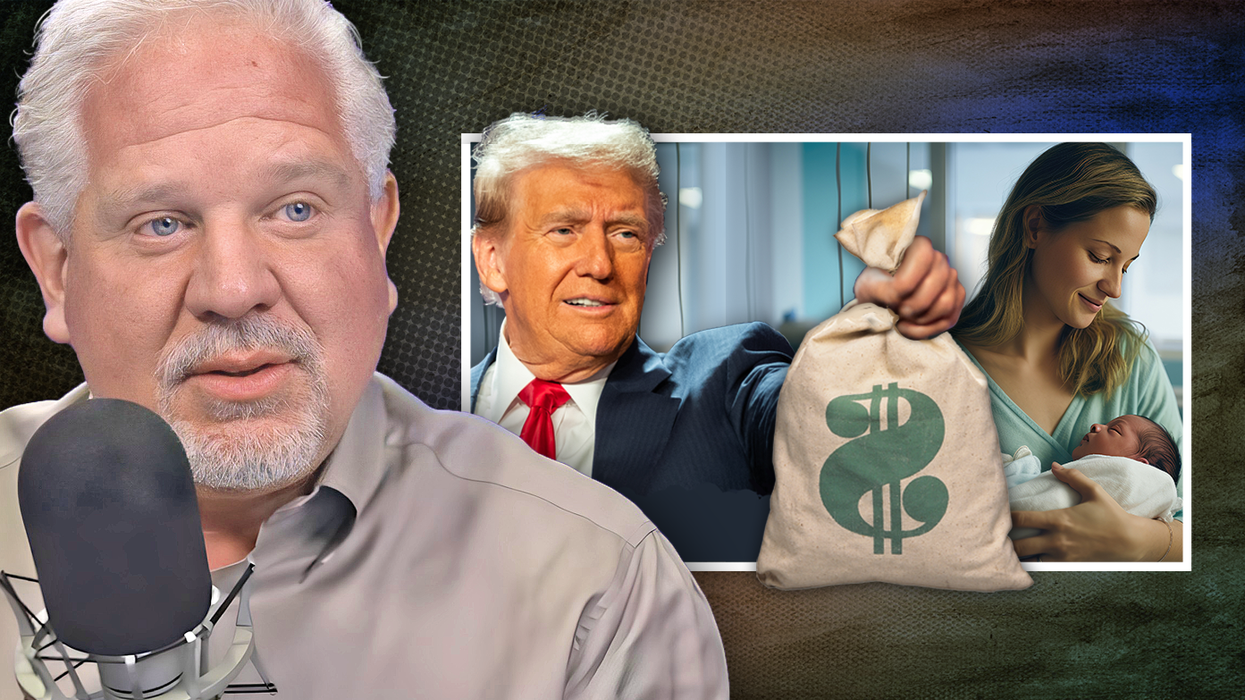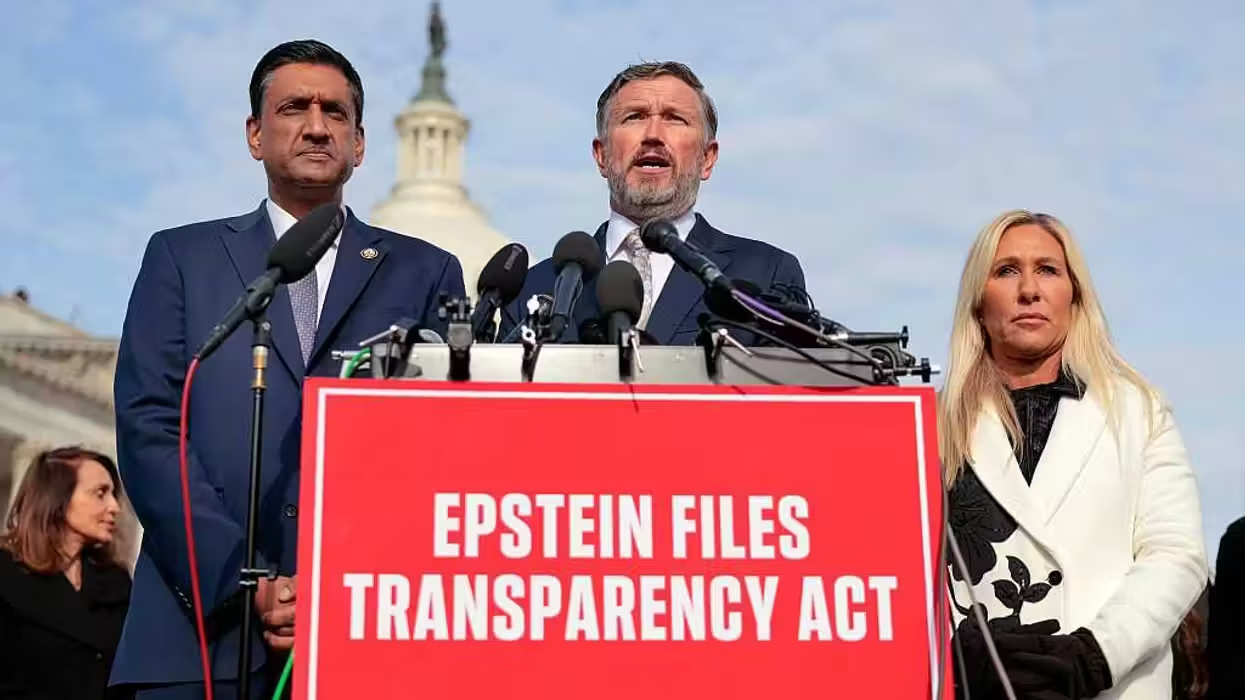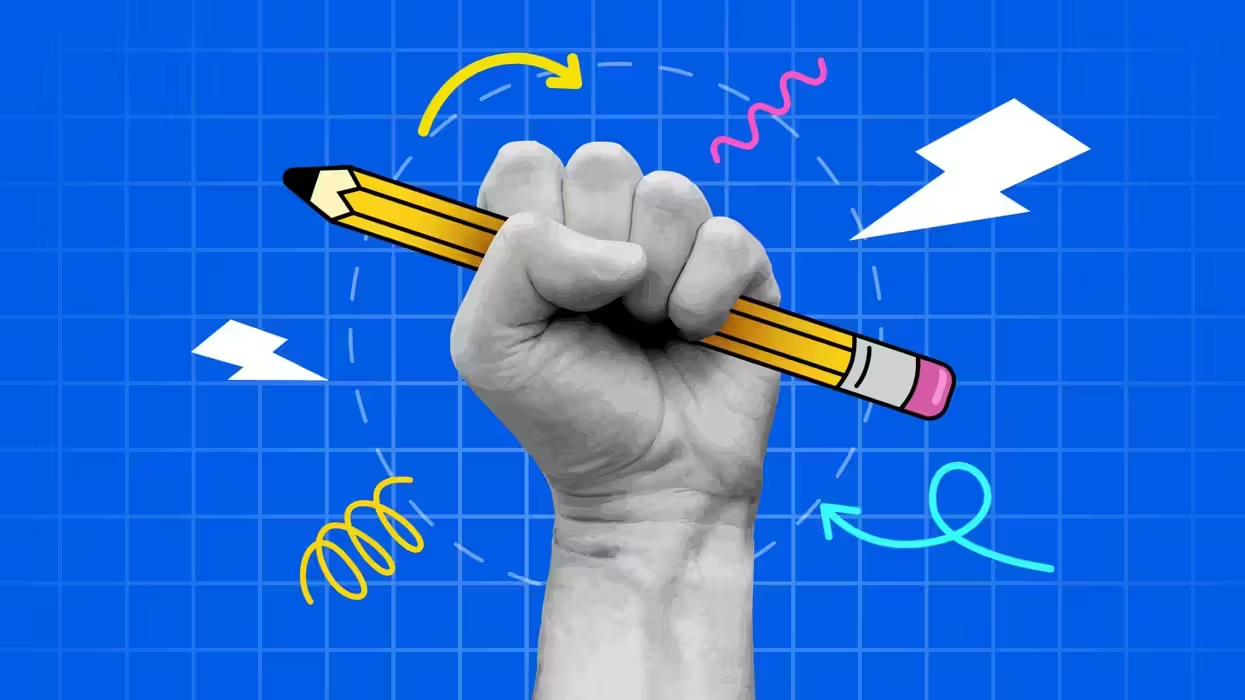The May 2015 Bureau of Labor Statistics report has come in, showing that the U.S. economy again added jobs last month. The unemployment rate went up to 5.5 percent, because the 397,000 people joining the workforce was more than the 280,000 who actually found jobs.
There are any number of caveats to be added to the good news of this jobs report – the U-6 unemployment rate is still high, as is the number of the people unemployed for 27 weeks or more, as well as the labor participation rate and employment-to-population ratio – but consider this one:
When he came into office in January 2009, President Barack Obama predicted that, by 2015, unemployment would be back down to 5.0 percent, even without any government stimulus.
Actually, his economic team (headed by Christina Romer, the Chair-designate for the Council of Economic Advisers), predicted in a pre-inaugural report that unemployment would hit 5 percent by the start of 2014 (again, even without a stimulus). You've probably seen a variant of this now-notorious chart put out by Romer and Jared Bernstein, overlaid with the actual unemployment numbers, and I've put together my own version. Notice that, except for the first few months, this chart is never within a percentage point of being accurate. It's typically off by two or more points.

But the problem isn't just that the chart made horribly inaccurate predictions, it's that the predictions weren't even consistent with what Obama and his economic team were saying about the economy at the time.
In 2009, Obama said the "unprecedented" economic crisis was "unlike any we have seen in our lifetime." He's routinely said the economy risked completely collapsing into a depression. Yet, the non-rhetorical, quantifiable, numerical description Obama gave of our fate – at least as far as unemployment goes – was one in which the economy would largely heal itself in five years without government intervention.
While it's difficult to know what would have happened if there had been no stimulus (aka, the American Recovery and Reinvestment Act of 2009), Obama has given himself significant credit for the economic recovery, such as it is, while castigating Republicans for hindering his efforts. And he's done this with the flimsiest of reasoning, blaming former President George W. Bush for the financial crisis that happened on Bush's watch in 2007-2008, while commending himself and his team for the rebound that happened during his own tenure.
This is what's know as "post hoc ergo propter hoc" reasoning – A happens before B, therefore A causes B – and it's a common logical fallacy.
It happened on his watch, but Bush didn't cause the subprime mortgage lending that triggered the financial crisis. His Democratic presidential opponents (Al Gore in 2000, John Kerry in 2004) had nothing memorable to say about subprime lending at the time, and Democrats won Congress in the 2006 midterm running on a six-point plan – "Six for 06" – that made no mention of mortgages whatsoever. The financial crisis would likely have happened no matter who was president in 2007, whether it was Bush, Gore, Kerry, or even Obama.
And why think that some other president (say, John McCain) wouldn't have done just as good a job at managing the crisis as Obama, whose contradictory message was, "government must act to address the worst economic crisis since the Great Depression, which my economic team says will basically sort itself out in five years even if we do nothing."
Remember, the stimulus was passed in February 2009. But when the little red dots started coming in at 9 percent the following April, and 10 percent in October – well above the light- and dark-blue lines of his economic projections – Obama didn't respond by saying, 'Whoa, things are worse than I thought, we need to change course." He merely extended unemployment benefits and gave home-buyers a tax credit. Wouldn't a similarly muddled president have gotten us to muddle through just as well as we have?
This is emblematic of a presidency that pledged to be forthright and transformational, but instead proved to be convoluted and disappointing on any number of fronts.
 Credit: AFP/Getty Images
Credit: AFP/Getty Images
Obama pledged to introduce comprehensive immigration reform in the first year of his presidency, didn't, then insisted however many times that he couldn't do immigration reform on his own by executive order, and then went ahead and did.
He took credit for ending the war in Iraq, declared that the country was being left in good shape, and then when Islamic State (the "JV team") reared its ugly head, he reminded us that it was actually Bush who'd signed the status of forces agreement pulling troops out of Iraq.
And, a year-and-a-half after the calamitous rollout of HealthCare.gov, we still have no idea how Obama didn't know beforehand that the website wasn't ready for public release.
While insisting that the U.S. is once again "the most respected country on Earth," Obama has again reminded us that part of his legacy is averting an economic crisis. But, if there's an economic downturn or foreign policy catastrophe in the next 18 months, what are the odds that Obama will find a way to contradict himself and shift the blame to some other administration?
–
TheBlaze contributor channel supports an open discourse on a range of views. The opinions expressed in this channel are solely those of each individual author.



 Credit: AFP/Getty Images
Credit: AFP/Getty Images






